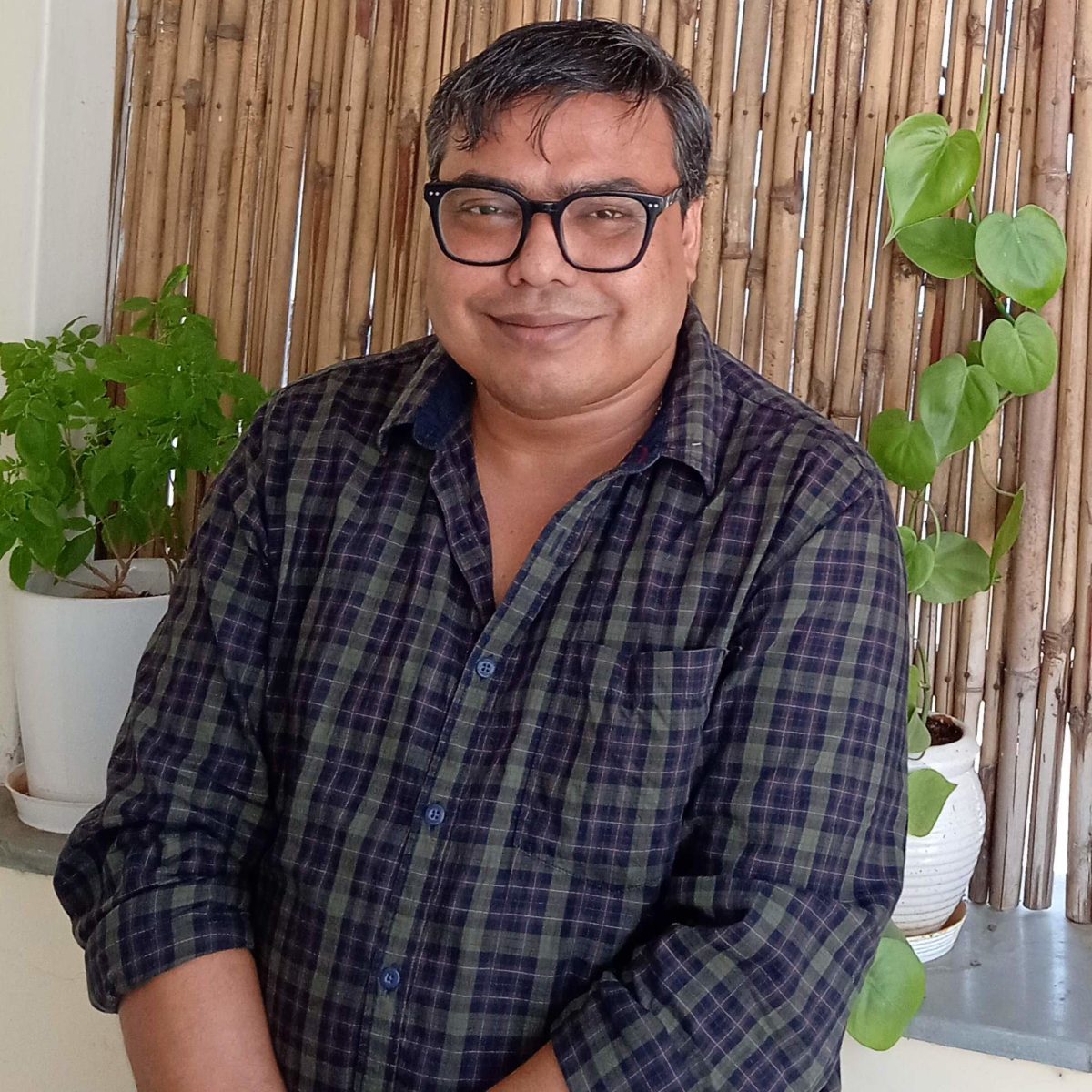Ankur is a historian and has a broad research interest in issues such as festivals, populism, nation and nationalism, migration and citizenship, ecology and environment, the rural and agrarian social, and the intersections of culture and economy. His field of study is largely located in the archive(s) of the Northeastern part of India. Ankur has a Ph. D in History from the Centre for Studies in Social Sciences, Calcutta (affiliated with Jadavpur University in Kolkata). During the fellowship period, through an intimate cultural genealogy, Ankur studied how the discourse of indigeneity and autonomy is structured and expressed through collective mobilization and performative idioms in the specific context of the Brahmaputra valley of Northeastern India. By tracing Bihu, the national festival of Assam during the turbulent decades of North East India’s political and social history (particularly the 1980s and the 1990s), Ankur’s study traced a biography of indigeneity in the post-colonial electoral democratic context of South Asia. By doing so, the project largely examined the idea of indigeneity as a historical category produced in a particular specificity of the Brahmaputra valley, in order to think of populist mobilizations, conceptual affinity between rioting and strategies of performance, crowd and postcolonial democracies, as well as identity and nationalism(s), within the context of south Asia. Ankur was mentored by Professor Sugata Bose.
Ankur Tamuli Phukan
Historian, Mittal Institute India Fellow 2021-2022, Mittal Institute Associate

